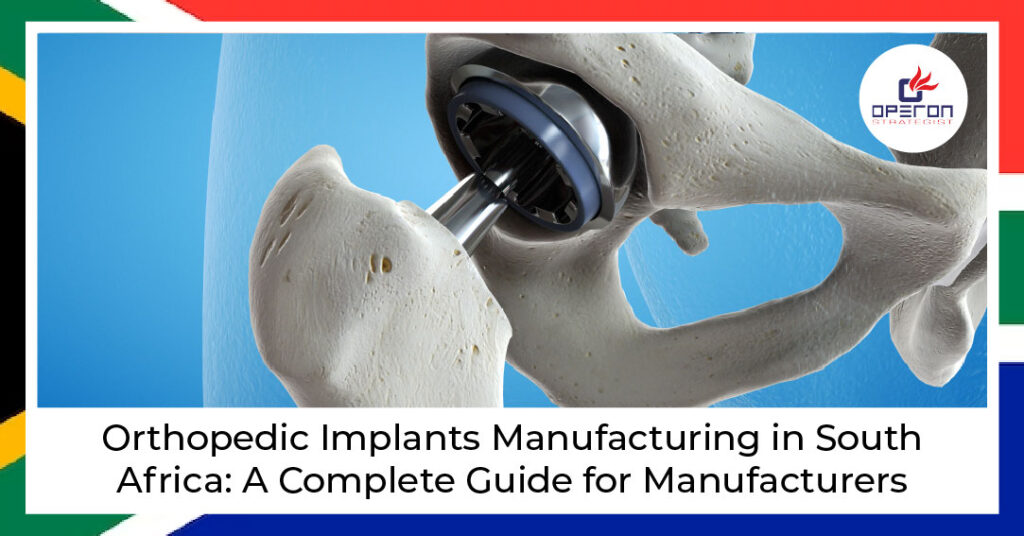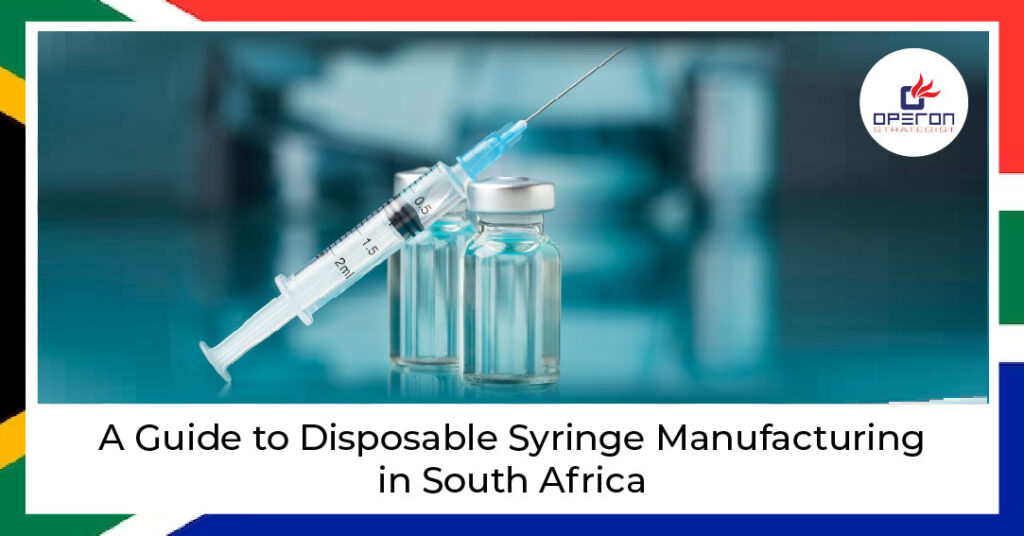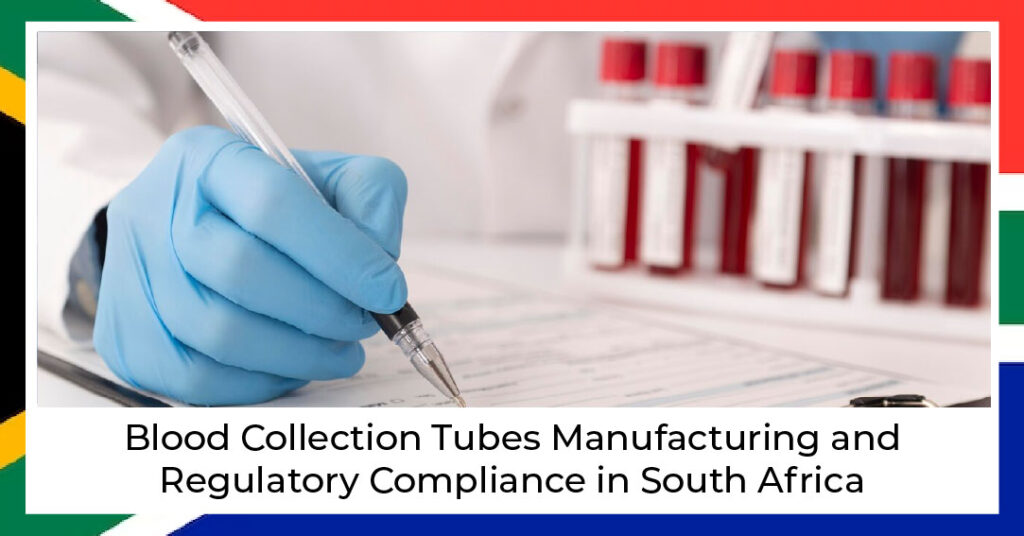What Is Orthopedic Implants Manufacturing?
Orthopedic implants manufacturing involves the design, production, and quality assurance of medical devices used to treat musculoskeletal disorders. These implants—such as plates, screws, joint replacements, and spinal devices—are engineered using biocompatible materials like stainless steel, titanium, and polymers.
Why Invest in Orthopedic Implants Manufacturing in South Africa?
South Africa presents a growing opportunity for orthopedic implant manufacturers, backed by regulatory reform and a burgeoning healthcare sector. With the right partner like Operon Strategist, manufacturers can meet compliance requirements, ensure product quality, and scale globally.
Looking for Medical Device Manufacturing Consultant
Why Is Orthopedic Implants Manufacturing Growing in South Africa?
The South African healthcare market is experiencing rapid growth, with a rising demand for advanced medical technologies. Contributing factors include:
- Increased orthopedic surgeries due to the aging population
- Greater access to private healthcare
- Government initiatives to strengthen local manufacturing
- The need to reduce dependency on imported implants
What Are the Key Regulatory Requirements in South Africa?
To manufacture and distribute orthopedic implants in South Africa, companies must adhere to regulations governed by the South African Health Products Regulatory Authority (SAHPRA). The primary requirements include:
- Establishing a Quality Management System (QMS) aligned with ISO 13485.
- Product registration with SAHPRA under the Medical Device Regulations.
- Appointing a local representative if the company is not South Africa-based.
- Compliance with labeling, packaging, and post-market surveillance protocols.
Manufacturers must also undergo regular audits to maintain certifications and market authorization.
What Is the Process of Manufacturing Orthopedic Implants?
Orthopedic implant manufacturing involves multiple precise steps:
- Product Design and Prototyping:
a. Computer-Aided Design (CAD) to simulate anatomical fit
b. Biomechanical testing for strength and durability - Material Selection:
a. Biocompatible metals (e.g., titanium, stainless steel)
b. Advanced polymers and ceramic composites - Precision Machining and Surface Finishing:
a. CNC machining, laser cutting, and polishing
b. Coatings to enhance osseointegration and wear resistance - Sterilization and Packaging:
a. Gamma radiation, ethylene oxide, or autoclaving
b. Sterile, tamper-proof packaging with SAHPRA-compliant labeling - Quality Control and Regulatory Testing:
a. Mechanical and chemical testing
b. Documentation in line with ISO 13485 and SAHPRA standards
What Are the Challenges for Orthopedic Implant Manufacturers in South Africa?
- High cost of regulatory compliance and certifications
- Limited access to advanced manufacturing technologies
- Delays in product registration with SAHPRA
- Supply chain disruptions for specialized materials
Ready to start or expand your orthopedic implant manufacturing facility in South Africa
Let Operon Strategist be your regulatory co-pilot in South Africa
How Can Operon Strategist Help Orthopedic Implants Manufacturers in South Africa?
Operon Strategist provides comprehensive consulting services tailored for orthopedic implants manufacturing in South Africa. Our support includes:
- Regulatory Consulting:
- End-to-end assistance with SAHPRA registration
- Gap analysis and regulatory documentation development
- Quality Management System Implementation:
- ISO 13485 certification support
- QMS audits, training, and continual improvement planning
- Technical File Preparation:
- Complete documentation for SAHPRA and international submissions
- Risk management and clinical evaluation reports
- Facility Design & Validation:
- Cleanroom design and validation
- Manufacturing process optimization
- Global Market Entry Support:
- CE marking, US FDA registration, and other international approvals



